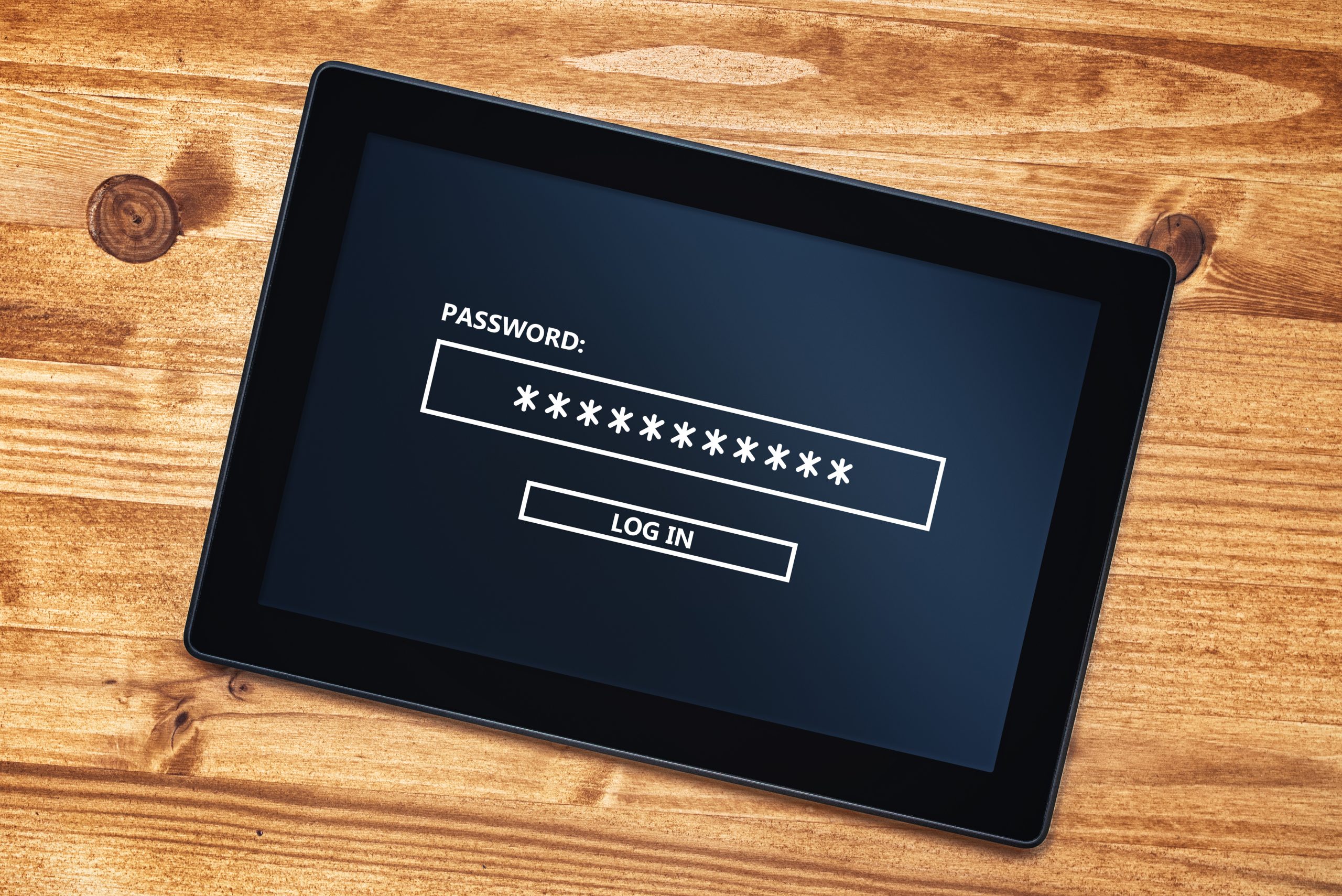Category: Computer and Software Law
Navigating Digital Assets When Settling an Estate
April 9, 2024 | Tyler W. Eubank
Navigating the estate settlement process after the death of a loved one is an emotional and confusing matter for many people. The existence of password-protected online accounts can further complicate this process. So, what can you do about these “digital assets”? Keep reading to learn more on the specifics of navigating digital assets when settling an estate. Revised Uniform Fiduciary Access to Digital Assets Act The Revised Uniform Fiduciary Access to Digital Assets Act (RUFADAA) is a uniform law that has been adopted by nearly all U.S. states, including Minnesota. RUFADAA dictates which digital assets fiduciaries may or may not gain access to when settling an estate. A digital asset is any electronic record in which a person has an interest. This encompasses basically any online account you may have, such as online banking service accounts, accounts from which you pay bills, email, social media, cloud-based storage, and more. Plan Ahead When it comes to digital assets, the best thing that you can do is plan ahead. Make sure your estate plan explicitly authorizes or prohibits access to your digital assets. Keep account usernames and passwords somewhere safe where they can be accessed by a trusted individual in the event of your passing. Many accounts also allow you to designate someone to take…
Read MoreADA Website Compliance – Is Your Business Up to Date?
June 9, 2022 | Tyler W. Eubank
By Tyler Eubank and Sara Engemann The Americans with Disabilities act, signed into law in 1990, could not have possibly predicted the magnitude with which the internet would impact the daily lives of Americans. What once could only be accomplished in a brick-and-mortar location, like seeing a doctor or grocery shopping, can now be done completely online and from anywhere in the world. As a website could be considered a “public accommodation” under the ADA, the accessibility of websites is a new frontier in ADA litigation. For the time being, courts disagree about the standards under the ADA, with some circuits requiring stricter standards than others. As a result, the rules may differ from state to state or jurisdiction to jurisdiction. Under certain standards, an accessible website: (1) does not include flashing graphics that could induce seizures, (2) includes text descriptions of all images so that the images can be described by a screen reader, and (3) allows the site to be navigated via keyboard alone, allowing users that cannot grip or operate a mouse to access the site, to name a few. The ADA has already bred “drive-by ADA lawsuits” where a business receives an ADA complaint and then a nearly instant demand for payment of attorney’s fees related to the alleged…
Read MoreDo business in Texas? New rules for data breach!
July 16, 2019 | Carole Clark IsaksonCalifornia enacted the most comprehensive data privacy laws in the US – it goes into effect on January 1, 2020 (see The California Consumer Privacy Act recent blog post). In the meantime, other states are following suit. If you do business with individuals or companies outside Minnesota, make sure you are keeping up to speed with these new laws! Texas has amended the laws that apply to data breaches, this change applies on January 1, 2020. What is a data breach? Well, it can be slightly different from state to state, which is part of the challenge. In Texas, the law concerns sensitive personal information, which is defined as 1) an individual’s first name or first initial and last name in combination with SSN, driver’s license number or other specific account numbers that could permit access to an account and 2) which information is not encrypted. Disclosure of this information to someone that is not authorized to have it is a security breach, it’s that simple. And what happens then? Give notice to the affected persons within 60 days of discovery, and take other steps required by law (and good business practices). Texas has joined a growing group of states (roughly 30) that require that in the event of a data breach the…
Read More

